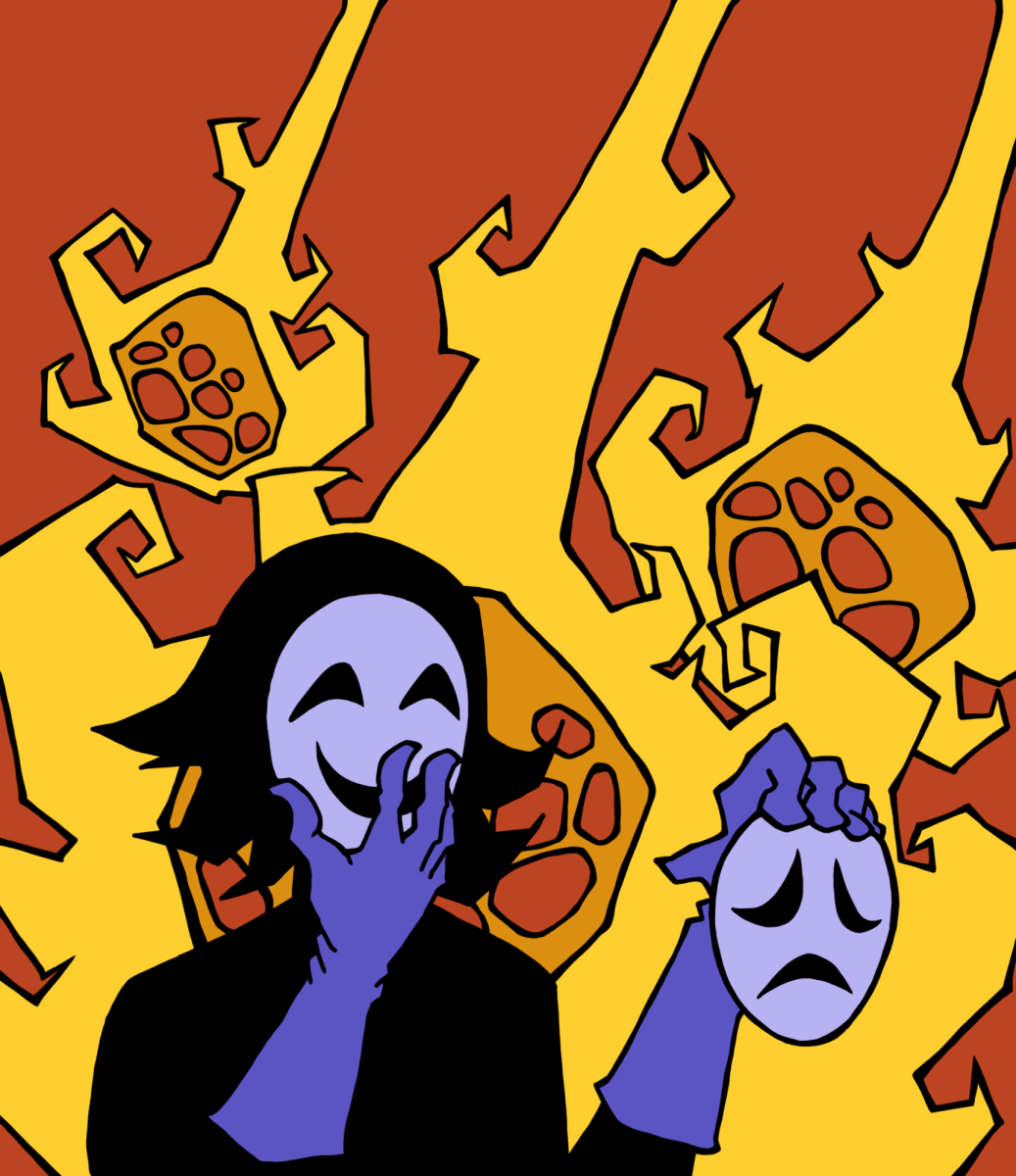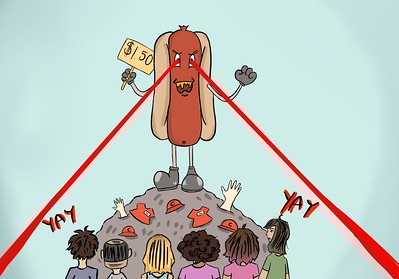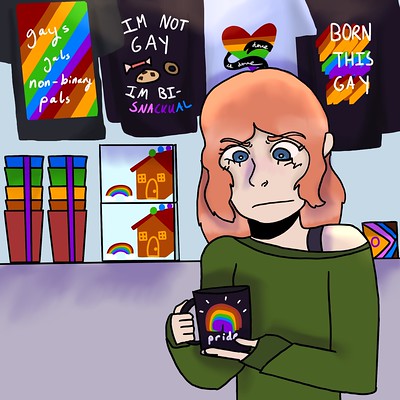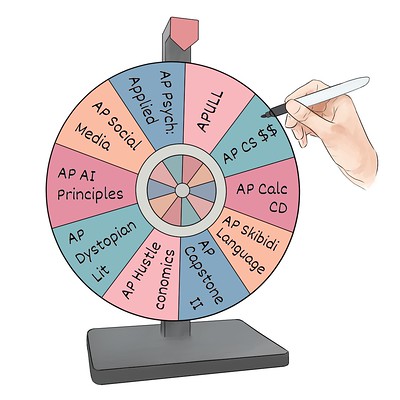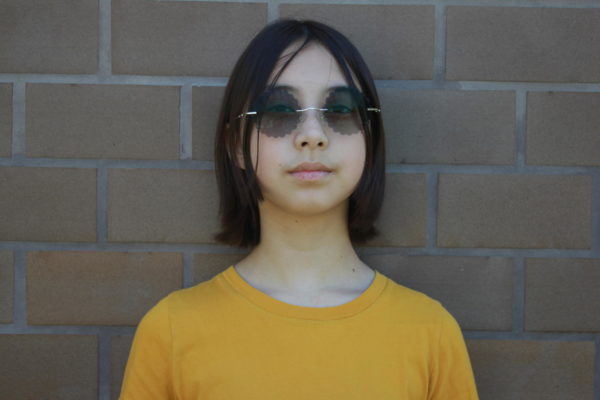“I ain’t reading allat.”
“Ong i’m on my winter arc.”
“Losing my dawg was a canon event fr.”
All these quotes and more are merely the tip of the proverbial iceberg that is Gen Z’s rapidly evolving, or should I say devolving, vocabulary. Over only the last few years, the rate at which memes are created and die has reached an almost unfathomable pace, with new memes cropping up what seems like every other day.
Even more than just their pace, though, this trend represents a frightening prospect for our collective futures. Despite the increasing volume of catastrophic information inundating our feeds and news streams, our reactions have changed in the exact opposite direction — we’ve come to face our problems with irony and apathy.
In a world that constantly bombards us with heavy issues like climate change, political divides, and an uncertain economy, it’s no surprise that Gen Z has turned to humor and memes for relief. Some might even say that being able to laugh in the face of such desperate times is a skill to be cherished, or that it’s the healthiest way for us to react.
But what started as a coping tool has become something much more severe: an “apathy epidemic,” where we’re at risk of tuning out the serious stuff altogether. And even worse, we may risk entirely losing touch with the problems we face.
In many areas of life, this growing apathy manifests itself in troubling ways. Take the recent elections, for instance, where online coverage centered around humorous moments like Biden’s “we finally beat Medicare” or Trump’s “they’re eating the dogs.” rather than substantive discussions about policy.
The most viral moments of politics have shifted from candidates’ platforms to their gaffes, creating an environment where the serious implications of politics are overshadowed by mere entertainment value. This tendency dilutes our understanding of critical issues and encourages a culture of superficial engagement.
This shift toward superficiality over depth extends into our education and consumption of information as well. Students increasingly favor quick summaries over comprehensive reading, relying on summaries like SparkNotes instead of engaging deeply with the material.
Even entertainment has been reduced to short-form content that caters to our diminishing attention spans. The result is a generation that is well-versed in memes and trends but lacks the critical thinking skills necessary to tackle complex topics, leading to a collective disengagement from the world around us.
However, it’s essential to recognize that this apathy isn’t solely a product of our laziness or irresponsibility; rather it stems from a sense of disconnect from the world around us. Many young people feel alienated from the ability to take action, believing that their voices carry little weight in a landscape dominated by established interests.
Faced with overwhelming challenges and a perceived lack of agency, humor and irony then naturally emerged as coping mechanisms.
In the end, it’s a tricky balance. The internet lets us laugh in the face of almost anything, making serious topics easy to dismiss with a quick joke. But it’s also making it easy to feel detached, especially when those topics feel overwhelming or beyond our control.
Ultimately, though the world ahead of us may seem daunting, we must choose to abandon our mask of irony and face our issues head on. Or, if nothing else, realize it’s about time for us to lock in.

